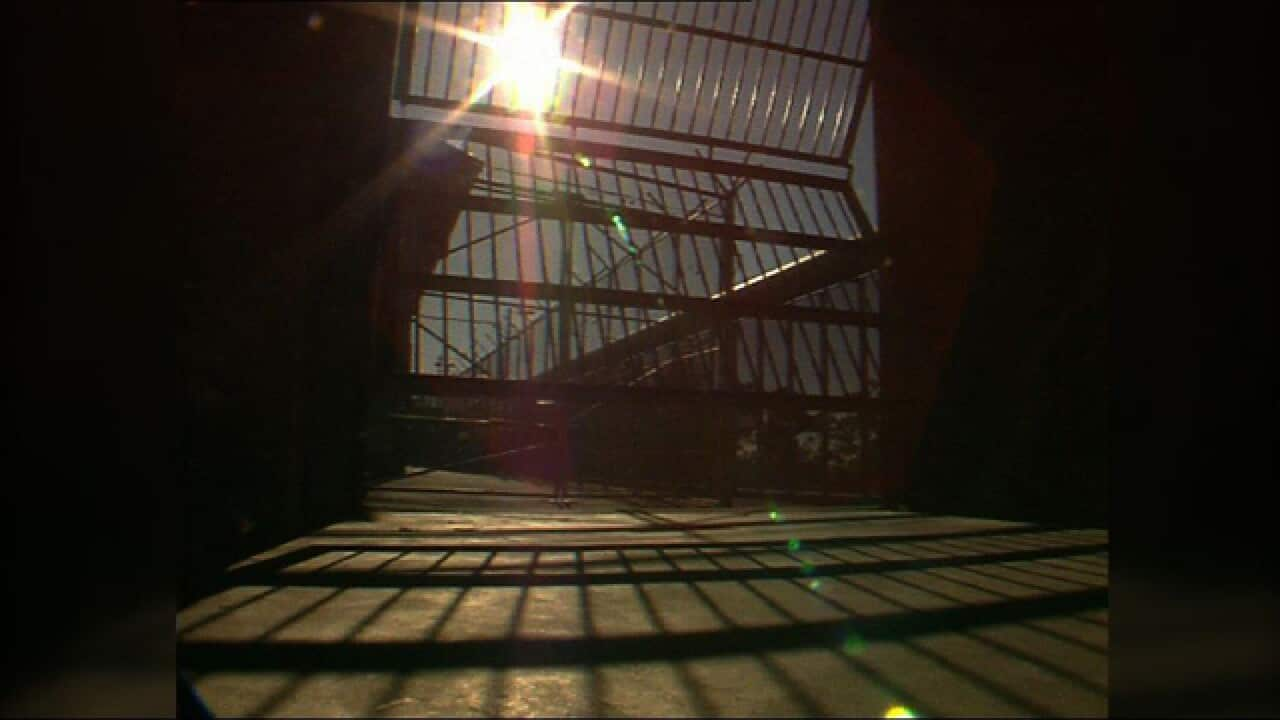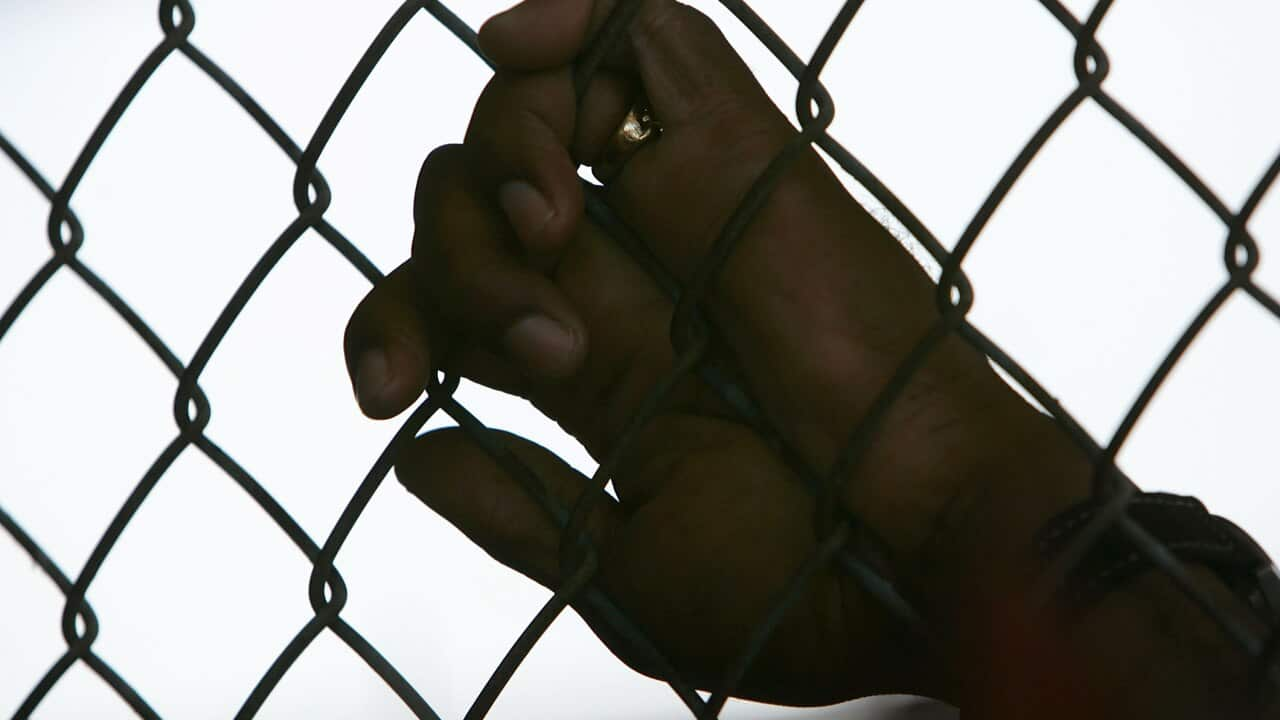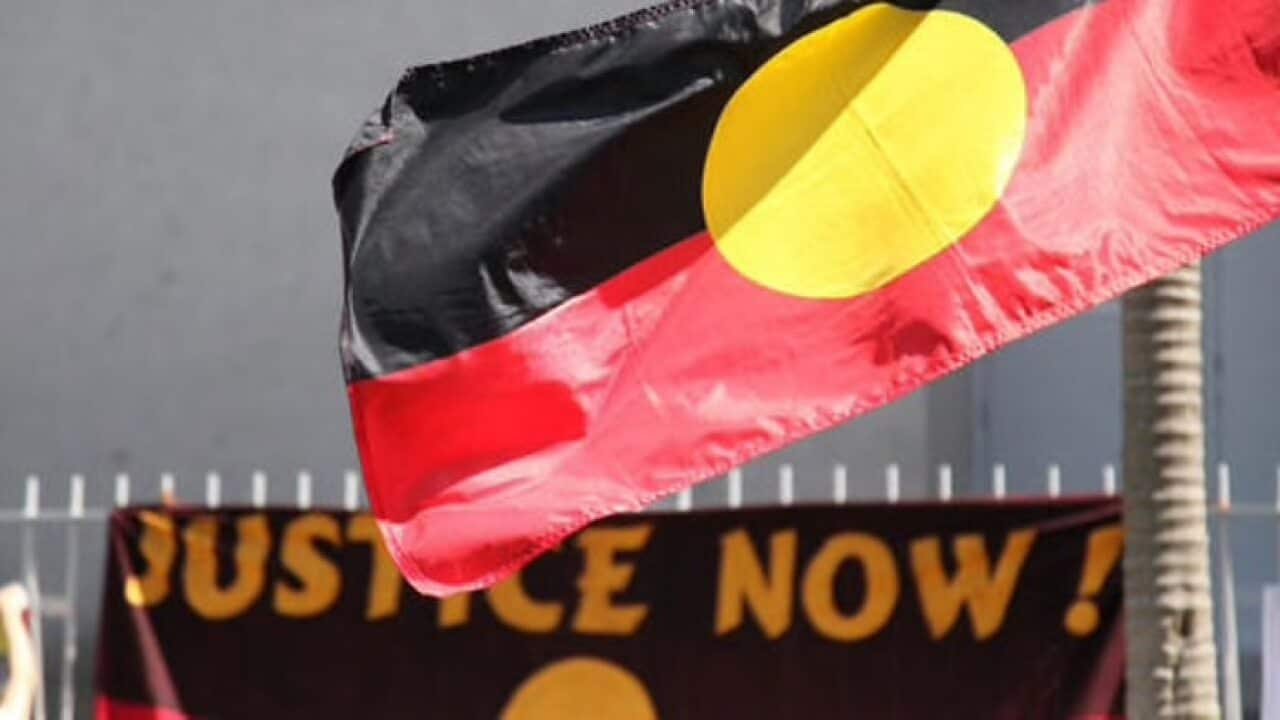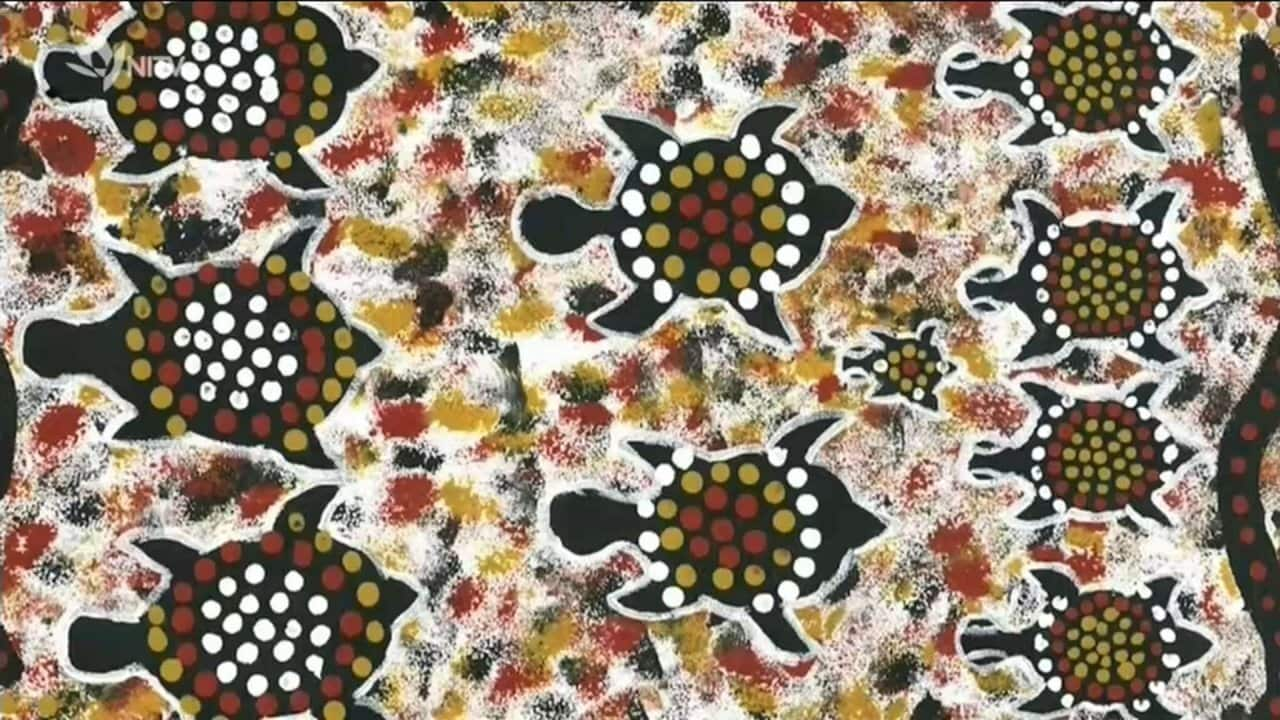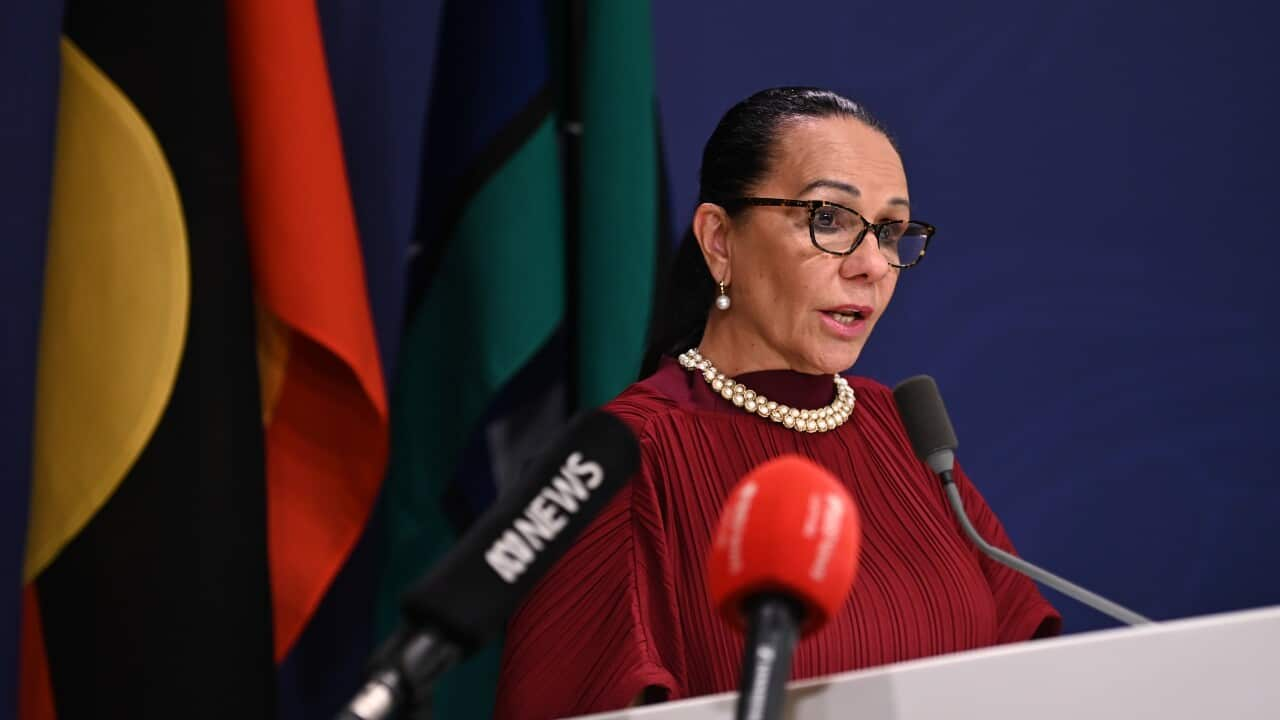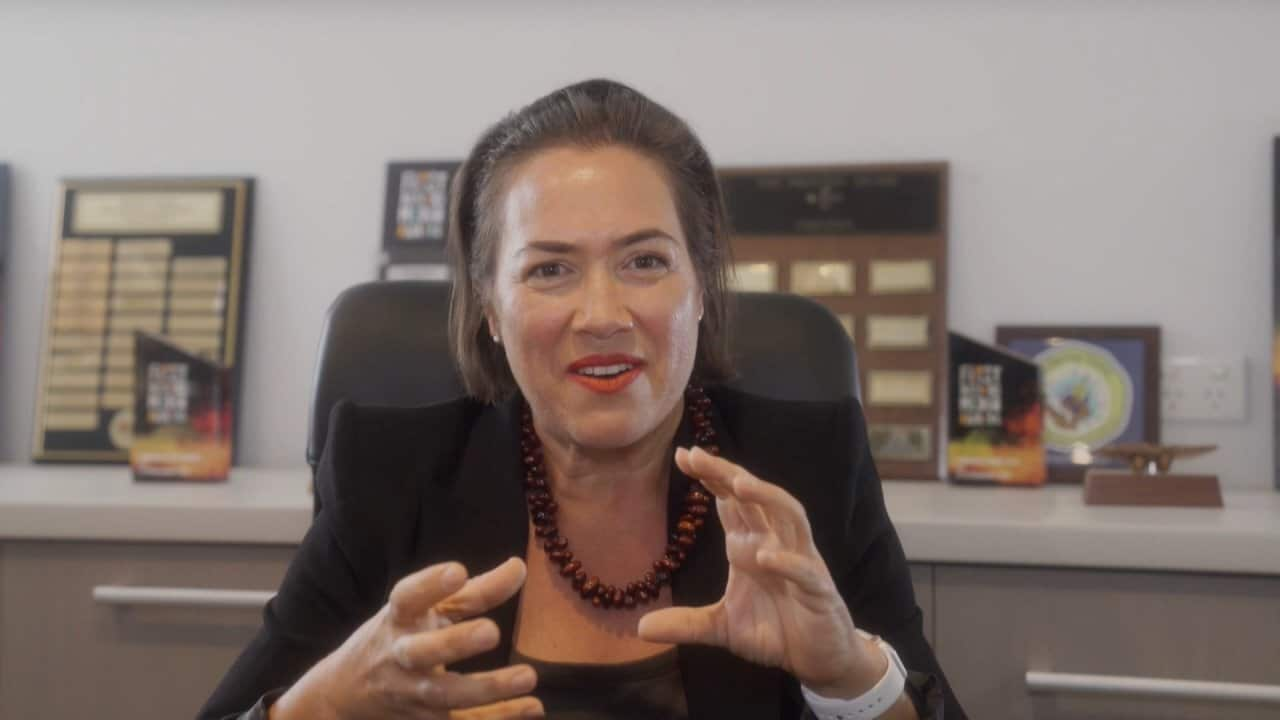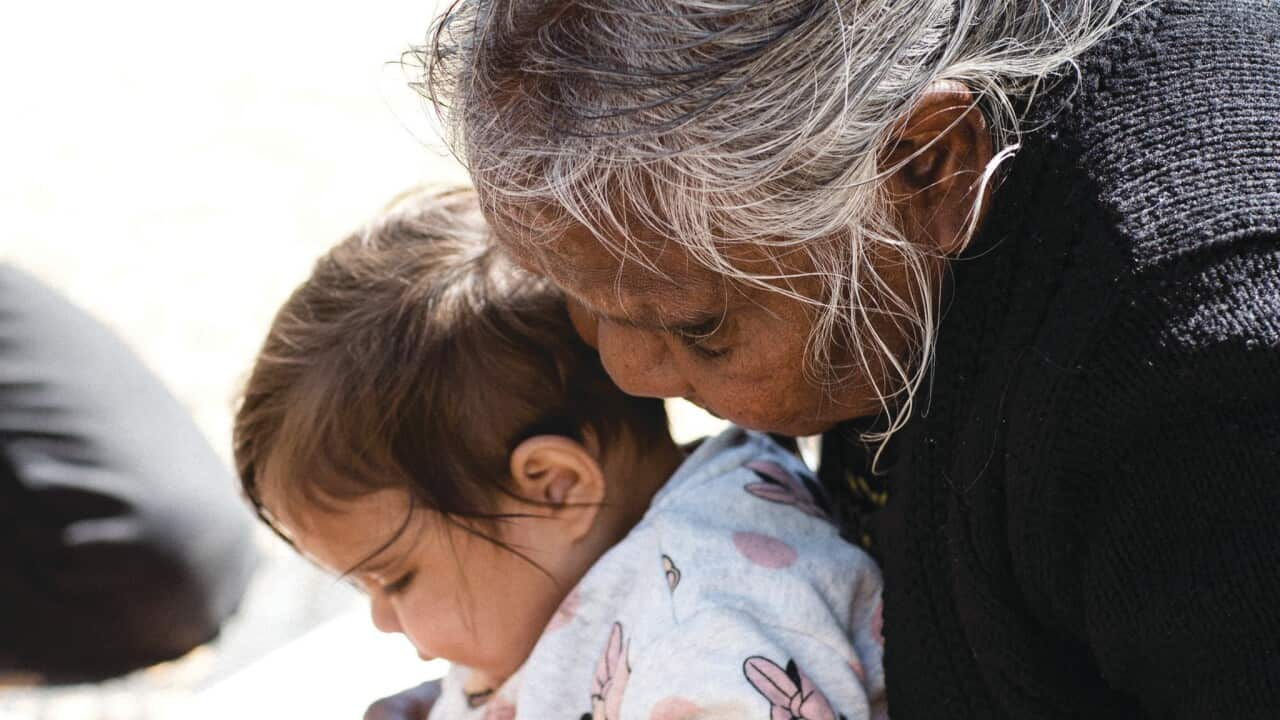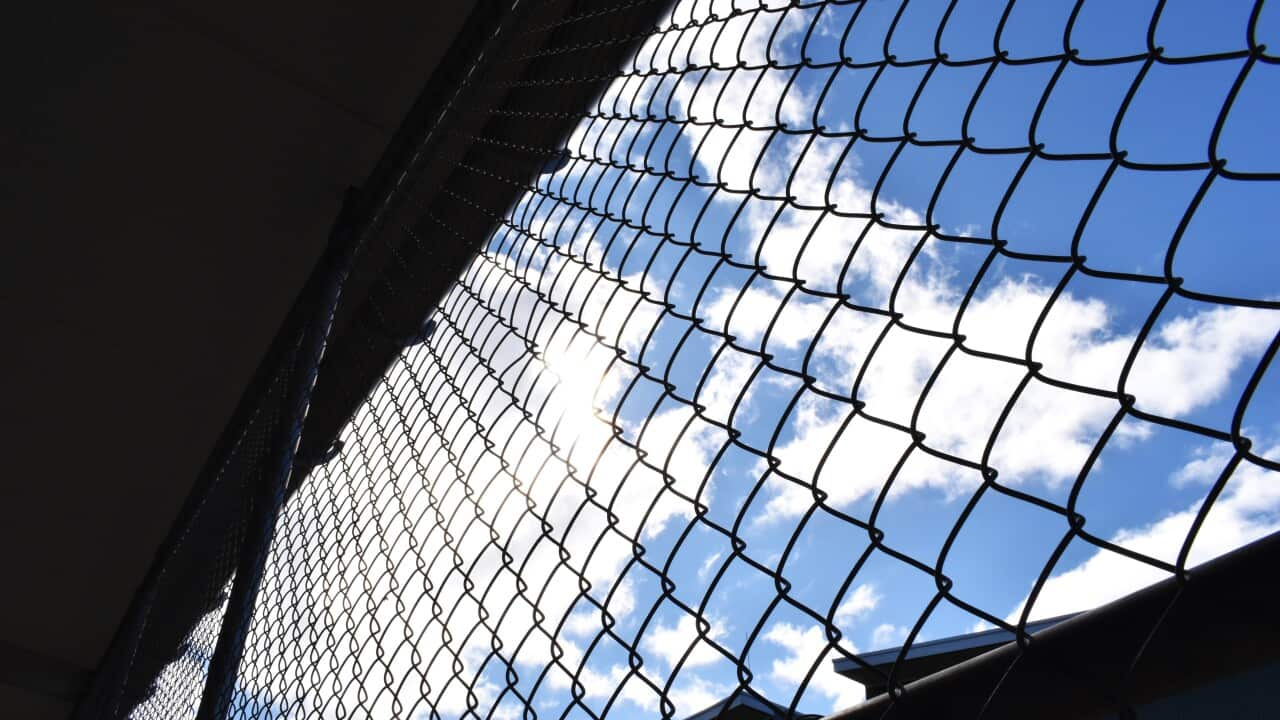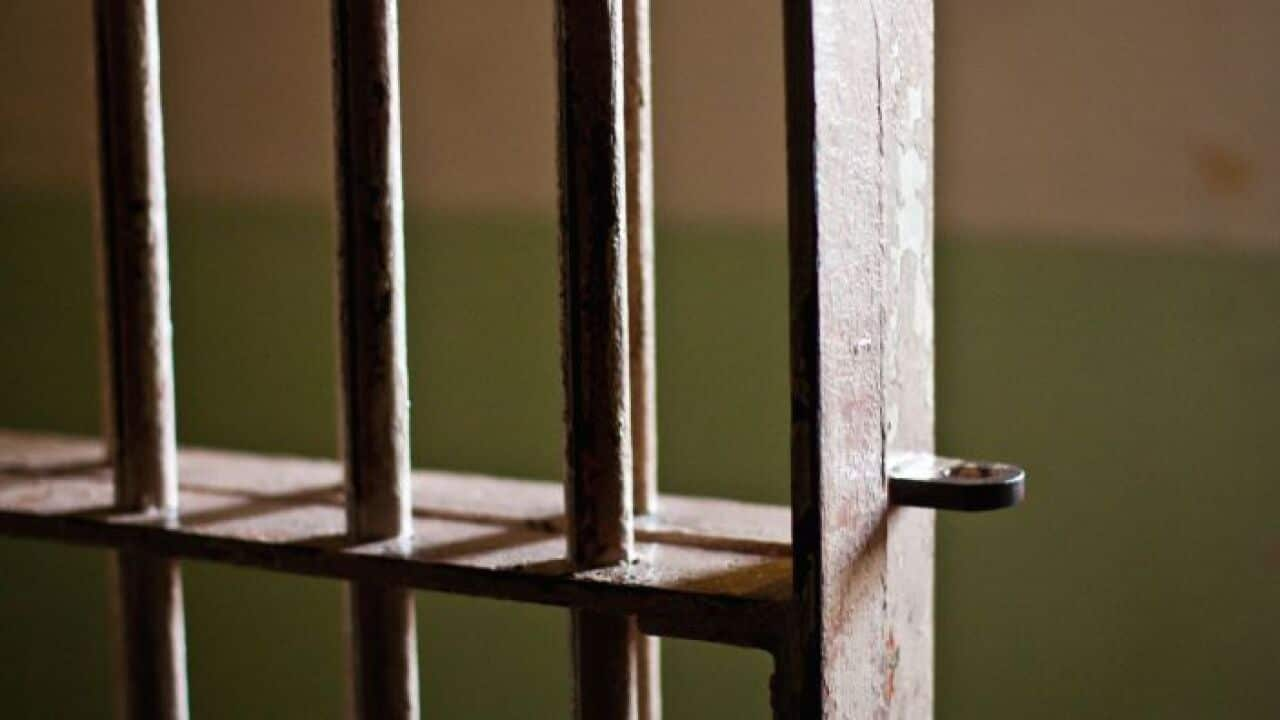Children accused of repeated serious burglaries or car thefts are increasingly being locked up before trial under a bail crackdown critics say should be axed, not extended.
The NSW Labor Government introduced legislation this week that extends controversial harsh youth bail laws for another three years.
But the NSW Aboriginal Legal Service, Law Society, Bar Association, Just Reinvest NSW, Change the Record, legal academics and the Greens all say the laws are harmful, rushed and not based in evidence.
ALS NSW chief executive Karly Warner, a palawa woman, said the laws are a failure and will ensure communities become more dangerous for years to come.
"Bad policy is easy to print in a tabloid, but impossible to implement safely and impossible to undo in a child’s life,” she said.
The Minns Government introduced an additional test under section 22C of the Bail Act 2013 last year, for young people aged between 14 and 18 who are charged with certain offences while on bail for another offence of that type.
Under the law, bail must not be granted unless the bail authority has a 'high degree of confidence the young person will not commit a serious indictable offence while on bail' subject to any proposed bail conditions.
The section was originally intended to sunset after 12 months and would have ceased operation on April 4, 2025.
The NSW Government said the three-year extension would "help keep the community safer while the government continues efforts to reduce youth crime and minimise young people's long-term contact with the criminal justice system".
Mr Minns also pointed to a $26.2 million community safety package announced last year that included expansion of NSW Police-run Youth Action Meetings; expansion of the Youth Justice NSW Safe Aboriginal Youth Patrol Program and additional funding for a targeted response in Moree.
More than $6 million to support community safety across Bourke, Moree and Kempsey had also been announced this month, he said.
“While we welcome all additional investment in under-serviced communities, if the premier continues to enact laws that are proven to increase crime instead of keeping kids out of the criminal justice system, this positive step forward will be undone with several steps backwards," Ms Warner said.
“The premier must answer this question: is your objective to reduce crime or to improve headlines?"
Children on remand skyrocketing
The number of young people locked up in NSW jails has spiked as more juveniles are refused bail since the laws were introduced.
There were 225 children in custody across NSW in December 2024, up 32 per cent from 2023, the NSW said on Tuesday, with almost 60 per cent of those kids Indigenous.
The agency's executive director Jackie Fitzgerald said the uplift in young people in custody was mostly due to the rise in remand - meaning the children have been charged but not yet been to trial - numbers flowing from more bail refusals.
Ms Fitzgerald said judges were also becoming tougher on bail for less serious offences not covered by the laws.
"Sometimes the legislative change sends a signal to the people making bail decisions and that can be influential," she said.
Dean of Southern Cross University law school David Heilpern, a former NSW magistrate, told ABC's Radio National that the statistics tell the story.
"It tells us that locking up more young people, and in particular Aboriginal young people, who've not been convicted of any offence, does nothing to help the actual youth crime rate," he said.
"I've never seen an increase like one third more people in custody on remand, most of them Aboriginal young people, and yet the youth crime rate remains stable.
"So that would have to be a fail as a government policy, as expected ...
"They did it as a year's trial, everyone held their breath - it hasn't worked, and the response is to extend it for another three years."
Just Reinvest NSW, which advocates for community-led solutions to Aboriginal overimprisonment, also rejected the NSW Premier’s assertions that the youth bail laws had been successful in making communities safer.
Wiradjuri man Geoff Scott, Just Reinvest NSW chief executive, pointed out the contradiction in the Government's decision.
“By his own words Mr Minns cannot claim that this extension of the bail laws will keep the community safer while at the same time saying they’re ‘investing in efforts to reduce youth crime and minimise young people's long-term contact with the criminal justice system’," he said.
"Incarceration does not reduce crime, rather evidence suggests that it perpetuates a cycle of crime and incarceration."
Last year another BOCSAR study revealed that 60 per cent of 10–13-year-old children experiencing detention are Aboriginal.
82 per cent of them had been identified in a child protection report as at risk of significant harm (ROSH).
Mr Scott said the numbers reflected a need for a different approach.
“What we need are more therapeutic responses and a thorough investigation into the root causes of crime and how this can be addressed at the source - the parents and the police - with more community-led and place-based responses," Mr Scott said.
In NSW, youth incarceration costs $2,814 per child, per day, according to 2023-24 Productivity Commission data, with the state spending more than $223 million to imprison children and young people.
Anaiwan man Blake Cansdale, director of Change the Record, which works to reduce the over-imprisonment of First Nations people, said Indigenous people are arrested and detained for non-violent offences every day, often as a direct result of discriminatory policies and policing practices that criminalise disadvantage and cultural difference.
"Premier Minns' bail laws are not about safety – they are about control," he said.
"If we are serious about community safety, we must break the cycle of disadvantage and disempowerment, not reinforce it.
"That means investing in quality housing, education, family support, and community-led health and social services, not prisons."
Ms Warner asked Mr Minns to deliver good government guided by evidence.
“Locking kids up has never worked, anywhere," she said.
"Yet at a time when families are struggling under the cost of living crisis, the NSW Government is costing taxpayers millions in with its failed bail laws and law-and-order rhetoric.”
Mr Minns said the rise in youth incarceration showed the laws were working.
“Under our stronger bail laws, alleged offenders are more than twice as likely to be denied bail," he said.
“It’s not ‘mission accomplished’ on youth crime, but the bail laws are working, so we’re extending them.”
But Greens MP and spokesperson for justice Sue Higginson said sending more young people to prison is an indictment on the premier.
"Especially considering he is actually happy to gauge his success on the number of young people in prison rather than any of the actual tangible metrics for how well the state is supporting vulnerable young people," she said.
“When the Minns Labor Government introduced knee jerk youth bail changes to the NSW Parliament last year, the move was condemned by legal and youth justice advocacy organisations across NSW.
"The changes were not designed to reduce crime, they were only designed to make the Government appear tough on crime.”
Ms Higginson, a lawyer, said the Labor Government’s laws were the antithesis of what’s needed to actually prevent the behaviours that lead to criminal behaviour.
“Both the Bar Association and the Law Society wrote to the Government when these changes were introduced, calling for them to be withdrawn or amended - Premier Minns ignored those calls and pushed ahead regardless," she said.
"Twelve months later, we are in exactly the situation that the premier was warned about, more young First Nations people in prison, and no clear reduction in the rate of offending.
“These laws operate contrary to international agreements and NSW law on the treatment of young people.
"They intentionally target vulnerable young people and apply a harsher penalty to children over adults - it was unacceptable then and it’s unconscionable that Premier Minns is now going to extend it for three years.”
Ms Warner pointed out that Aboriginal children - already more than 10 times more likely than other children in NSW to be in custody - make up 90 per cent of children imprisoned under the new bail laws.
"Despite promises to do things differently under Closing the Gap, Aboriginal children are being sacrificed to the premier’s tough-on-crime political agenda in a race to the bottom the Labor government can never win,” she said.
Between April and September, 97 of 123 alleged young offenders were refused bail using the new law.
Mr Minns admitted it would be a real challenge meeting targets to reduce Indigenous incarceration rates as more children were denied bail, but claimed the government was working with local organisations to provide "hope and opportunity".
